Which is the Best for Indian Students in 2024, UK or Canada?
- Categories All Study in Abroad Blogs, Study in the UK, Studying Abroad
- Date January 19, 2024
Both Canada and the UK are popular destinations for Indian students pursuing higher education. The choice between the two depends on individual preferences and priorities. Here are some factors to consider when comparing Canada and the UK for Indian students in 2023:
1. Education System:
Both countries have excellent education systems, but they differ in their approaches. The UK emphasizes traditional, research-intensive education, while Canada focuses on practical and career-oriented programs. Consider your preferred style of learning and the type of program you are interested in.
2. Reputation and Rankings:
Both countries have prestigious universities that are globally recognized. The UK is known for its long-standing reputation in education and has several top-ranked institutions, including the University of Oxford and the University of Cambridge. Canada also boasts highly regarded universities, such as the University of Toronto and McGill University, which consistently rank well internationally.
3. Program Availability:
Assess the availability of the specific program you wish to pursue. Check whether the universities in each country offer the desired courses, specializations, and research opportunities in your field of interest.
5. Affordability:
Consider the cost of education, including tuition fees and living expenses. In general, Canada may be more affordable than the UK. However, it’s essential to research and compare the expenses specific to your chosen universities and cities.
6. Scholarships and Financial Aid:
Investigate the availability of scholarships and financial aid options for international students in each country. Both Canada and the UK offer various scholarships, grants, and funding opportunities specifically designed for international students.
7. Post-Study Work Opportunities:
Evaluate the post-study work opportunities provided by each country’s immigration policies. The UK offers a two-year post-study work visa, known as the Graduate Route, allowing international students to work in the UK after completing their studies. In Canada, the Post-Graduation Work Permit (PGWP) allows international students to work in Canada for up to three years after graduation.
8. Cultural and Lifestyle Factors:
Consider the cultural environment, lifestyle, and personal preferences. Explore the diversity, inclusiveness, and social aspects of each country to determine where you would feel more comfortable and fulfilled.
It’s important to conduct thorough research, visit university websites, consult with education advisors, and connect with current students or alumni from both countries to gather firsthand information. Ultimately, the “best” choice depends on your individual circumstances, educational goals, and personal preferences.
Canada vs UK: Visa Requirements & Process
Let’s look at the differences between Canada Vs UK Visa process and requirements.
Canada
A Canadian Student Visa is subject to the following rules and regulations:
- A post-study work permit application will be submitted within 90 days of your course completion.
- All Indian and international students are required to take a medical exam.
- The Visa fee is approximately CAD 150.
- You can only work 20 hours per week while enrolled in an academic programme.
- It can increase to 40 hours per week during holidays and summer sessions.
- If the Visa is for more than a year, spouses can work full-time.
- While applying for a Visa in Canada, you must have IELTS or TOEFL.
- Personal interviews are typically required as part of the Visa application process.
The UK:
- The UK universities issue Tier 4 student visas for full-time students. Aside from this Visa, the UK government has begun to offer UK Post-Study Work Visas to international students.
- Some of the rules and regulations that apply to the Visa application are as follows:
- Only full-time student programmes will be eligible for a Visa.
- A university degree entitles you to a four-year Visa.
- Visas can be issued for a maximum of three years for diploma courses.
- The Tier 4 Visa costs £348, with an additional £348 required for the dependent Visa (in case a family member is to accompany you). The international health fee of £705 will also be paid to obtain the student Visa.
- Tier 4 Visas allow international students to work up to 20 hours per week part-time and full-time on weekends and holidays. The course requirements determine full-time job placements.
To get a better understanding of the perks of each country and universities, contact Studywise International based in Ahmedabad, Gujarat; one of the top overseas educational consultancies. Get a free consultation from experts and decide on your career hassle free.
You may also like

Ireland Intake 2024-25: Universities & Preparation Timeline

TOEFL Scoring System and Validity


